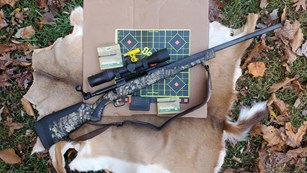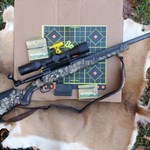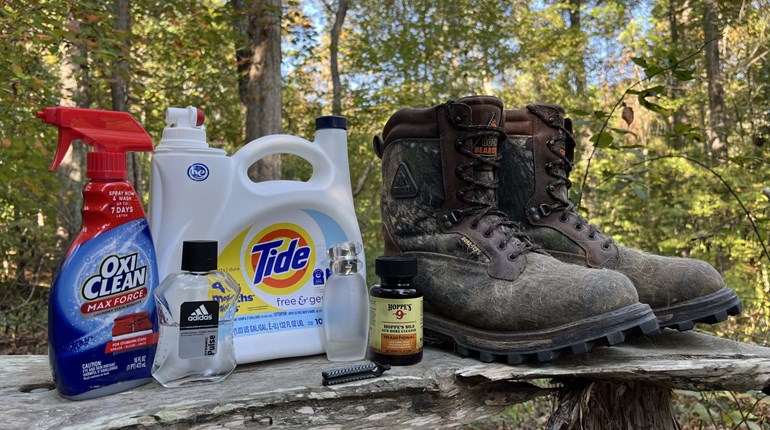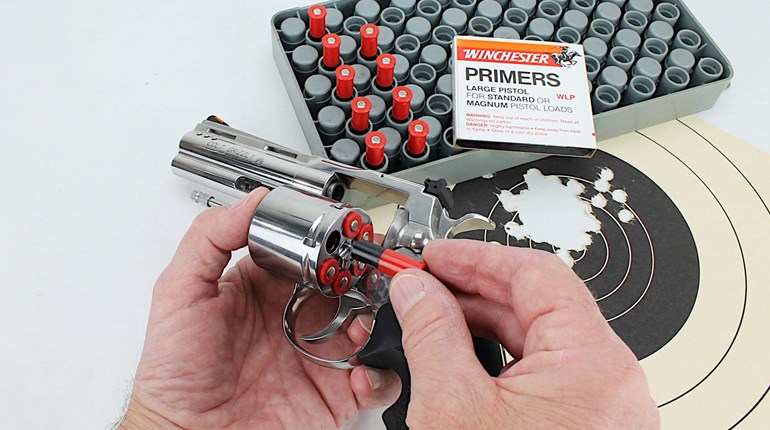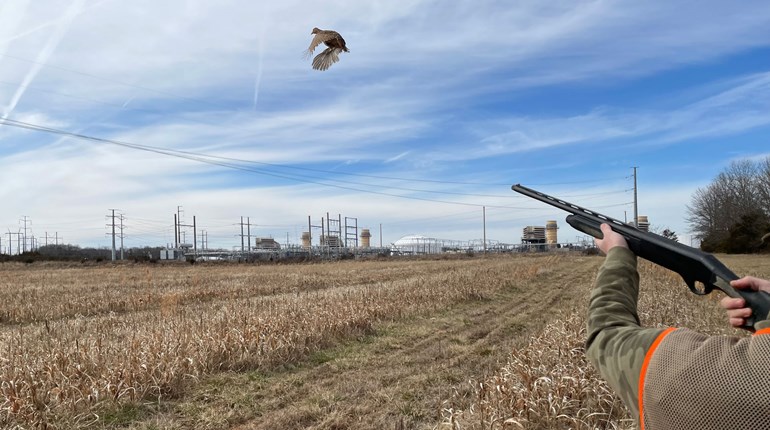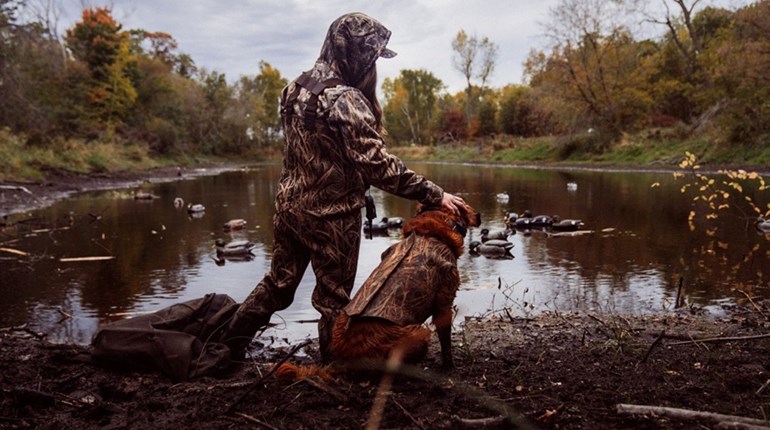
There's very little that's more empowering and enjoyable than spending several days deep in the wilderness, carrying everything you want and need on your back. However, because the human spine isn't especially well-designed to carry a lot of weight, it's critical to be smart about how your pack fits, how much weight you're carrying, and how that weight is distributed both inside the pack and on your body. Here are some tips courtesy of lifelong hunters and explorers...all of which will help keep your backcountry adventure a pleasure, not a pain.
First, you'll want to determine how much weight your body can handle. Although nobody agrees on exactly how much that's going to be—after all, everybody and every body is different—but there are some decent rules of thumb that will help guide you. First, young people (those under about 14) should probably limit their packs to 30 pounds or less, while older teens should be fine with 40 to 45 pounds. For adults, generally, you'll want to keep the backpack's weight to approximately one-third of your body weight.
Next, you'll want to get the pack properly adjusted to your body. Most backpacks designed for serious hunters and hikers have an adjustable hip band. Yours should be moved so that it rides above your hip bones, but below your waist. If it's cinched too low, the weight of the pack will restrict your thighs as you lift your legs while walking...which is very tiring. If it's cinched too high, you'll be using muscle instead of bone to support the weight...and that's painful. You'll also want to ensure that the hip band is padded. You might dislike the bulk at first, but you'll be grateful after a few miles.
The next thing you'll want to keep an eye on as you're actually loading the pack with your gear is the weight distribution within the pack. Generally (and somewhat counterintuitively) lighter items should be packed near the bottom, with heavier gear near the top. That way, most of the weight is near the top of your shoulders and close to your body. The pack should hang so it doesn't pull back on the shoulder straps. When the weight is properly distributed, there is an upward thrust from the hips and legs and a lift and pull from the shoulder harness while walking. The weight of the pack should be supported evenly by your back, shoulders and legs.
The beginning backpacker should plan to spend three or four days getting acquainted with your backpack, your equipment and your ability to carry it. You should also keep in mind that if you're going to be going through very broken country, or if you're going to be at an altitude considerably higher than what you're used to, you should reduce the weight of your pack accordingly.
Finally, always remember to lift your backpack properly when you're putting it on. Lift the frame onto your thigh, then put your dominant arm through the shoulder strap and reach down to grasp the lower corner of the frame. Then lift the frame high and to your non-dominant side with your dominant hand, then pull your non-dominant arm through the strap. When in doubt, lift with your legs and not your back!
First, you'll want to determine how much weight your body can handle. Although nobody agrees on exactly how much that's going to be—after all, everybody and every body is different—but there are some decent rules of thumb that will help guide you. First, young people (those under about 14) should probably limit their packs to 30 pounds or less, while older teens should be fine with 40 to 45 pounds. For adults, generally, you'll want to keep the backpack's weight to approximately one-third of your body weight.
Next, you'll want to get the pack properly adjusted to your body. Most backpacks designed for serious hunters and hikers have an adjustable hip band. Yours should be moved so that it rides above your hip bones, but below your waist. If it's cinched too low, the weight of the pack will restrict your thighs as you lift your legs while walking...which is very tiring. If it's cinched too high, you'll be using muscle instead of bone to support the weight...and that's painful. You'll also want to ensure that the hip band is padded. You might dislike the bulk at first, but you'll be grateful after a few miles.
The next thing you'll want to keep an eye on as you're actually loading the pack with your gear is the weight distribution within the pack. Generally (and somewhat counterintuitively) lighter items should be packed near the bottom, with heavier gear near the top. That way, most of the weight is near the top of your shoulders and close to your body. The pack should hang so it doesn't pull back on the shoulder straps. When the weight is properly distributed, there is an upward thrust from the hips and legs and a lift and pull from the shoulder harness while walking. The weight of the pack should be supported evenly by your back, shoulders and legs.
The beginning backpacker should plan to spend three or four days getting acquainted with your backpack, your equipment and your ability to carry it. You should also keep in mind that if you're going to be going through very broken country, or if you're going to be at an altitude considerably higher than what you're used to, you should reduce the weight of your pack accordingly.
Finally, always remember to lift your backpack properly when you're putting it on. Lift the frame onto your thigh, then put your dominant arm through the shoulder strap and reach down to grasp the lower corner of the frame. Then lift the frame high and to your non-dominant side with your dominant hand, then pull your non-dominant arm through the strap. When in doubt, lift with your legs and not your back!





